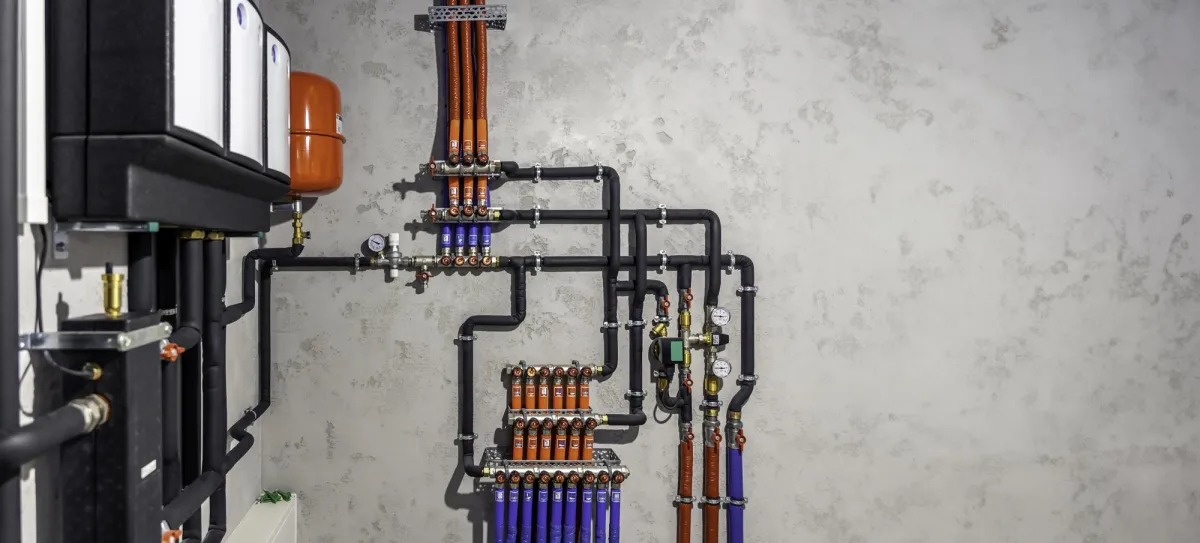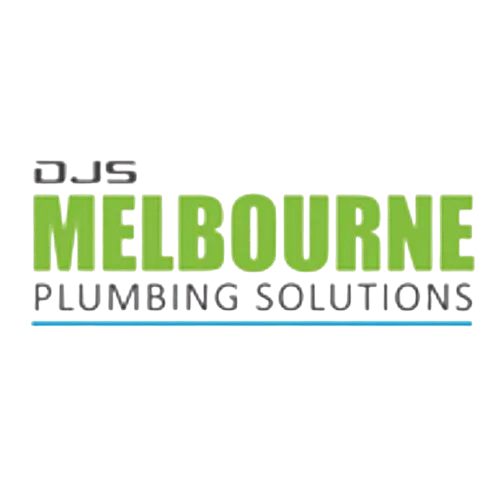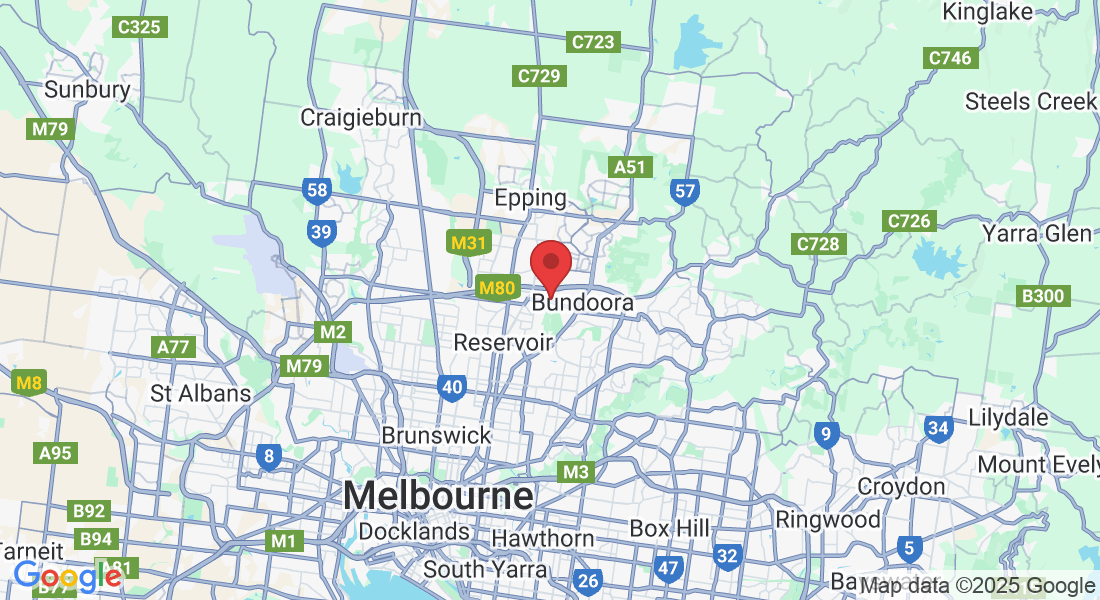
Time for an Upgrade? Hot Water Heater Installation Signs
Few things disrupt a Melbourne morning faster than a cold shower. Our hot water systems are workhorses, tirelessly providing comfort and convenience day in, day out. But like any appliance, they have a lifespan, and they often give out subtle (or not-so-subtle) hints that they're on their last legs. Ignoring these warnings can lead to a complete system breakdown, water damage, and a sudden, costly emergency.
If you're noticing any of these common signs, it might be time to start thinking about a new hot water heater installation in Melbourne. Acting early can save you a whole lot of stress and expense down the track.
The Tell-Tale Signs Your Hot Water Heater is Failing
Let's break down the key indicators that your trusty hot water system is ready for retirement:
1. Lukewarm or No Hot Water at All
This is, by far, the most obvious and frustrating sign. If your hot water isn't getting as hot as it used to, runs out much faster than usual, or is completely cold, your heater is definitely struggling.
Intermittent Hot Water: One minute it's warm, the next it's icy. This suggests issues with the heating element (electric units), pilot light/burner (gas units), or a faulty thermostat.
Running Out Quickly: If your household size hasn't changed but you're constantly running out of hot water, your tank might be less efficient at heating or retaining heat, or its capacity is simply no longer sufficient.
2. Strange Noises Coming From the Tank
Hot water heaters aren't supposed to be noisy. If you're hearing rumbling, popping, knocking, or banging sounds, it's a big red flag.
Rumbling/Banging: This is typically caused by sediment buildup at the bottom of the tank. As the heating element heats the water, it boils the sediment, creating these unsettling noises. Sediment reduces efficiency and can corrode the tank lining, leading to leaks.
Whistling/Screeching: Often indicates issues with the pressure relief valve, which is a critical safety component.
3. Leaking Around the Base of the Tank
A puddle near your hot water unit is a clear sign of trouble and should never be ignored.
Small Puddles/Dripping: This might start as minor condensation or a small leak from a connection. However, it can quickly escalate.
Major Leaks: If the tank itself is leaking, it often means the internal lining has corroded and failed. Once the tank lining is compromised, it's irreparable, and a full replacement is the only solution. This can cause significant water damage to your home if not addressed immediately.
4. Rusty or Discoloured Hot Water
If your hot water comes out brown, rusty, or has a metallic smell, it's a strong indicator of corrosion inside the hot water tank.
Rusty Water: This suggests the sacrificial anode rod (designed to corrode instead of the tank) has depleted, and now the steel tank itself is rusting. This can lead to tank failure and leaks.
Metallic Taste/Smell: Also points to internal corrosion. While sometimes it can be an issue with your pipes, if it's only the hot water that's affected, the heater is the likely culprit.
5. Reduced Hot Water Pressure
If you notice a significant drop in hot water pressure compared to your cold water, your hot water heater might be the problem.
Sediment Buildup: Extensive sediment can restrict water flow within the tank.
Internal Corrosion: Rust and scale can build up in the pipes connected to the heater, impeding flow.
Faulty Valves: A failing shut-off valve or pressure relief valve can also reduce pressure.
6. An Unexpected Spike in Energy Bills
An aging hot water heater has to work harder and longer to heat water, leading to increased energy consumption.
Inefficient Operation: Sediment buildup, failing insulation, or a faulty thermostat can cause the unit to use more power to achieve and maintain temperature.
Comparison: If your energy bills are creeping up without a corresponding increase in usage, your hot water system might be the culprit.
7. The Age of Your Hot Water Heater
While not a direct sign of failure, age is a significant factor in determining when to consider a new installation.
Average Lifespan:
Storage Tank Heaters (Electric/Gas): Typically 8-12 years.
Tankless (Instantaneous) Heaters: Can last 15-20 years.
Heat Pump/Solar Hot Water Systems: Often 10-15 years or more for the tank, with components like solar panels lasting longer.
Beyond its Prime: If your unit is approaching or exceeding its average lifespan, even if it's still limping along, it's wise to plan for replacement before it fails catastrophically. The efficiency of older units also significantly lags behind modern ones, meaning you're probably paying more than you need to.
8. Frequent Repairs and Costly Breakdowns
If you're constantly calling out a plumber to fix your hot water system, the repair costs can quickly add up to more than the price of a new unit.
"Band-Aid" Solutions: Repeatedly replacing heating elements, thermostats, or pressure relief valves suggests an underlying issue with the tank itself or its overall health.
Cost-Benefit Analysis: At some point, it becomes more economical to invest in a new, efficient system than to continually pour money into an old, unreliable one.
Is Your Hot Water Heater Showing These Warning Signs? Don't leave it to chance!
A failing hot water system isn't just an inconvenience; it can lead to bigger problems for your home and your wallet. If you're experiencing any of these issues, it's time to get a professional assessment from trusted local experts. For reliable advice, thorough inspections, and seamless hot water heater installation in Melbourne, you can always count on the team at DJS Melbourne Plumbing Solutions. We're ready to help you get your hot water flowing perfectly again!
Why You Shouldn't Delay a New Hot Water Heater Installation
Putting off a replacement when your unit is showing these signs can lead to several unwelcome outcomes:
Sudden Catastrophic Failure: Imagine waking up to no hot water at all, right before work or school. Or worse, a burst tank causing significant water damage to your floors, walls, and belongings. Delaying replacement means you're playing Russian roulette with your home's hot water supply and structural integrity.
Increased Energy Costs: An inefficient, aging unit is constantly guzzling more power or gas trying to keep up. This means higher utility bills every month, essentially costing you money while you wait for it to completely die.
Compromised Safety: Leaks, gas issues, or electrical faults in a struggling unit can pose serious safety hazards, including carbon monoxide leaks (from gas units), electrical shocks, or scalding risks if the temperature controls fail.
Higher Emergency Repair Costs: A sudden, desperate call for an emergency replacement often means less time to compare quotes and fewer options, potentially costing you more than a planned installation.
Environmental Impact: Older units are significantly less energy-efficient, contributing to a larger carbon footprint. A new, modern hot water system can drastically reduce your energy consumption and your impact on the environment.
Making the Smart Choice for Your Melbourne Home
If your hot water heater is showing any of these warning signs, it's a clear signal to start planning for a new hot water heater installation in Melbourne. A professional plumber can assess the condition of your current unit, advise on the best replacement options for your specific needs (considering energy efficiency, capacity, and running costs), and ensure a compliant and safe installation.
Don't wait until you're shivering through a cold shower or mopping up a flooded laundry. Be proactive, identify the signs, and get in touch with a qualified local plumber to discuss your hot water heater installation options. It's an investment in your home's comfort, safety, and your peace of mind.



